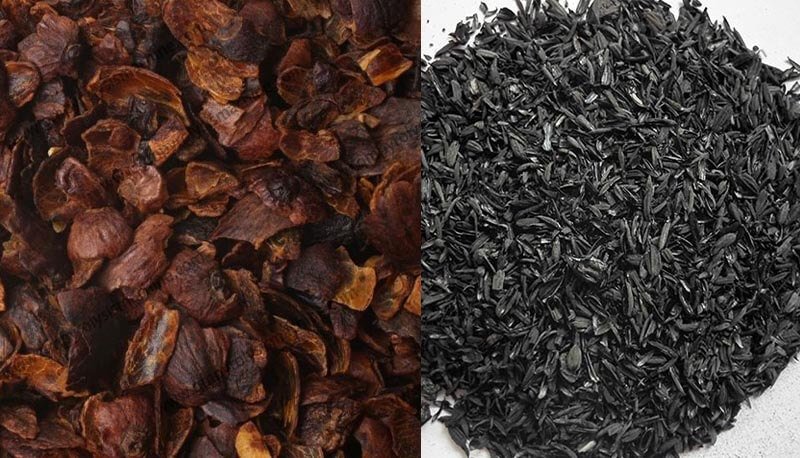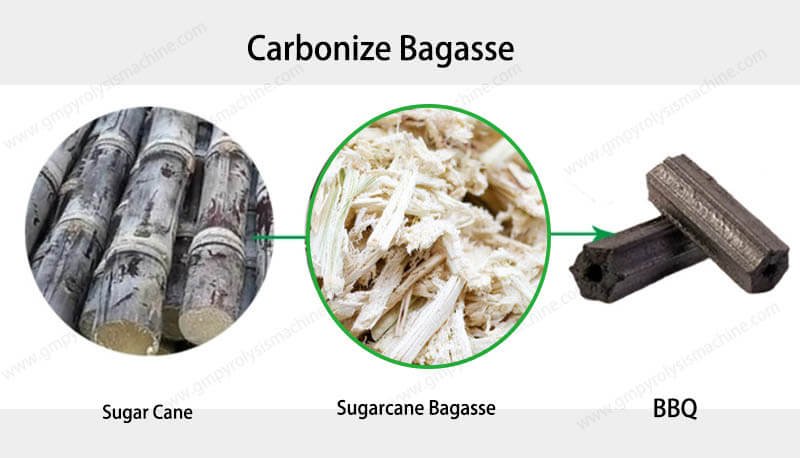Are you looking to enter the lucrative charcoal production industry or upgrade your existing setup? A Wood Carbonization Machine is the key to transforming raw wood into high-quality charcoal, and understanding the process of wood carbonization is essential for success. In this article, we’ll explore what wood carbonization is, the equipment involved, and the benefits of using a wood charcoal making machine from a reputable wood carbonization plant supplier.
Understanding Wood Carbonization
Wood carbonization is the process of converting wood into charcoal by heating it in the absence of oxygen. This controlled environment prevents the wood from burning completely, instead causing it to undergo a chemical transformation that results in the formation of charcoal. The process typically involves several steps:
1. Preparation: Raw wood is collected, cut into manageable sizes, and dried to reduce moisture content.
2. Carbonization: The prepared wood is loaded into a horizontal activated machine wood charcoal carbonization stove furnace. The furnace is sealed, and the wood is heated to temperatures between 300°C and 600°C (572°F to 1,112°F). The absence of oxygen ensures that the wood undergoes pyrolysis, breaking down into charcoal, volatile gases, and bio-oil.
3. Cooling and Unloading: Once the carbonization process is complete, the charcoal is cooled and then unloaded from the furnace.
4. Sorting and Packaging: The charcoal is sorted to remove any impurities and then packaged for distribution.

Benefits of Using a Charcoal Making Machine
High-Quality Charcoal: A wood charcoal making machine ensures that the charcoal produced is of high quality, with consistent size and low ash content.
Efficiency and Automation: Modern carbonization machines are designed for efficiency and automation, reducing labor costs and increasing production rates.
Environmental Friendliness: The process of wood carbonization can be more environmentally friendly than traditional methods, as it reduces the release of harmful emissions and can be used to generate bioenergy.
Versatility: These machines can handle various types of wood, including hardwood, softwood, and even agricultural waste, making them versatile for different applications.
Choosing the Right Carbonization Plant Supplier
When selecting a carbonization plant supplier, it’s important to consider the following factors:
Reputation and Experience: Choose a supplier with a proven track record and positive customer reviews.
Quality and Durability: Ensure that the machinery is built to last and made from high-quality materials.
Technical Support and After-Sales Service: Look for a supplier that offers comprehensive technical support and after-sales service to ensure smooth operation and maintenance.
Customization Options: Some suppliers offer customization options to meet specific production needs, such as different furnace sizes or additional features.




